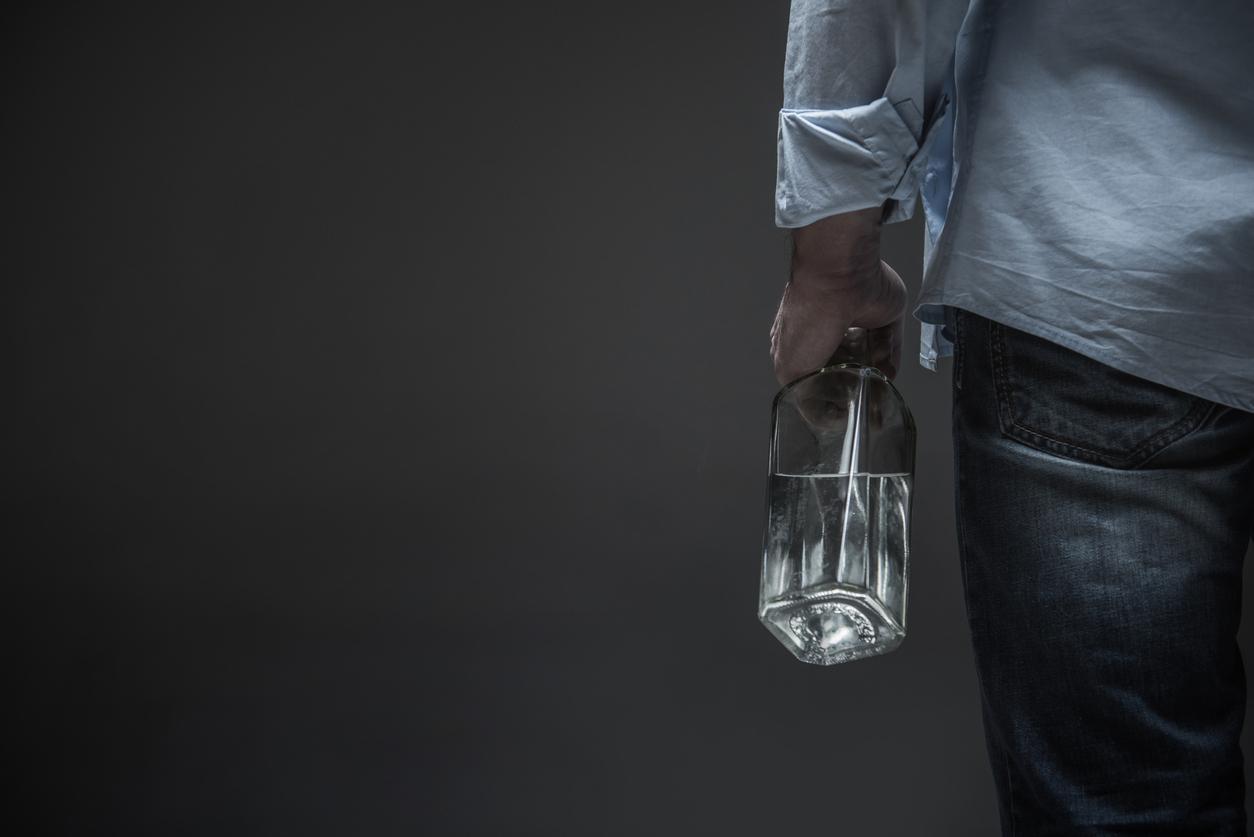LSD is a powerful hallucinogen that may help fight alcoholism. A scientist claims that a single intake can help achieve abstinence, but the side effects are significant.

LSD to fight alcoholism, an old idea that is resurfacing. A Norwegian scientist even says he is ready to open a clinic in Oslo to treat alcohol-dependent patients with this hallucinogen. He told AFP that a single dose of LSD helps for “at least six months” to reduce the risk of relapse of alcohol addicts and to convince them of total abstinence. In the treatment he advocates, a single dose of hallucinogenic drugs would be administered “to informed patients, under supervision, in a comfortable setting” to help them reflect on their alcohol consumption, become aware of their situation and put an end to it, explained Paal-Oerjan Johansen.
The method may be surprising, but the Norwegian University of Science and Technology has conducted studies which seem to support this thesis. In March 2012, a meta-analysis appeared on the subject in the Journal of psychopharmacology. Six studies published between 1966 and 1971, involving more than 500 people addicted to alcohol, were scrutinized. The patients were divided into two groups: 325 received a single dose of LSD and the other 211 served as controls. Result: 59% of patients managed to abstain from drinking in the LSD group against only 38% in the group receiving a placebo. However, the effect of LSD wears off over the months. Relapses start to appear 3 months after taking LSD. As for the side effects of LSD, they have obviously been watched closely. Among the 325 people treated with the hallucinogen, 8 suffered from agitation or even seizure. These side effects had also led the health authorities to withdraw, in 1966, this powerful hallucinogen which was used in the 1950s in the treatment of certain neuroses and psychoses.
Moreover, Steinar Madsen, an official of the Norwegian Medicines Agency, told AFP that to circumvent the severe restrictions on the medical use of LSD and similar substances, the scientist’s file will have to be based on a “solid scientific documentation”. “This treatment cannot be administered to a large number of patients anyway, but only to very specific cases,” he told AFP.
.















